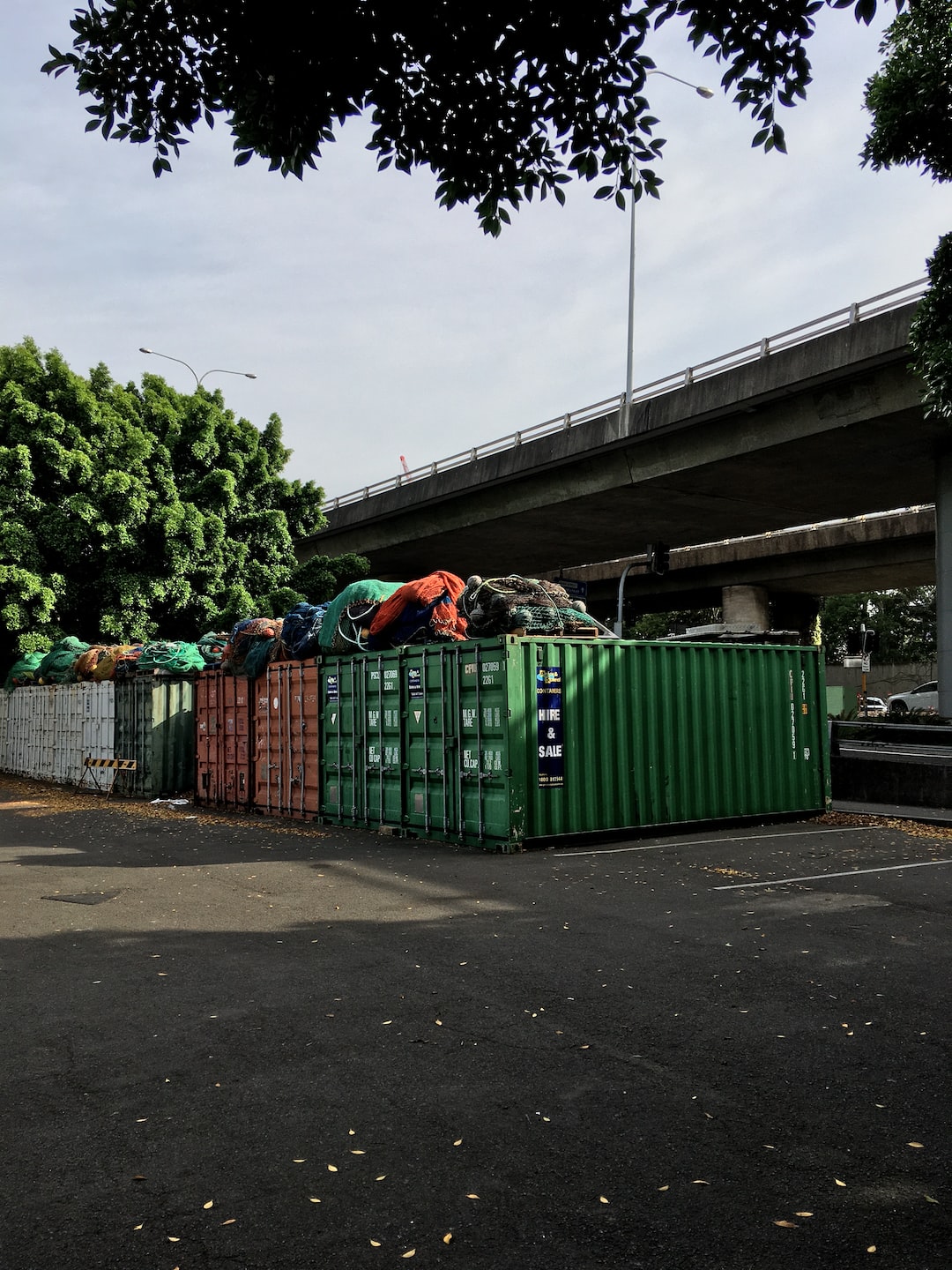Forex brokers have protection through various regulatory bodies that oversee their operations and ensure they comply with industry standards. These regulatory bodies are responsible for protecting traders from fraudulent activities, ensuring transparency in trading, and maintaining the integrity of the forex market.
Some of the regulatory bodies that provide protection to forex brokers include the Financial Conduct Authority (FCA) in the UK, the National Futures Association (NFA) in the US, and the Australian Securities and Investments Commission (ASIC) in Australia. These bodies have strict guidelines that brokers must follow, and failure to comply can result in hefty fines or even revocation of a broker’s license.
One of the main ways that regulatory bodies protect traders is through the requirement for brokers to segregate client funds from their own operating funds. This means that in the event of a broker’s bankruptcy, client funds are separated and protected from creditors. Additionally, the regulatory bodies require brokers to maintain a sufficient level of capitalization to ensure they have the financial ability to cover any losses incurred by traders.
Another way that regulatory bodies protect traders is by enforcing strict rules on the marketing and advertising of forex products. Brokers are required to provide clear and accurate information to clients about the risks and benefits of trading, and must not make false promises or use misleading marketing tactics to lure clients.
Regulatory bodies also require brokers to provide a fair and transparent trading environment for clients. This includes ensuring that prices are fair and accurate, and that clients have access to all relevant information about their trades. Brokers must also have appropriate risk management procedures in place to protect clients from excessive losses.
In addition to regulatory bodies, forex brokers may also have protection through insurance policies. For example, some brokers may have professional indemnity insurance, which protects them against claims of negligence or breach of duty. This provides an additional layer of protection for both the broker and their clients.
It is important for traders to choose a forex broker that is regulated by a reputable regulatory body, as this provides a level of protection and accountability. Traders should also do their own research and due diligence before opening an account with a broker, and should carefully read the terms and conditions of any agreements before signing.
In conclusion, forex brokers have protection through regulatory bodies that oversee their operations and ensure they comply with industry standards. These regulatory bodies provide protection to traders by ensuring brokers maintain a fair and transparent trading environment, segregate client funds, and have appropriate risk management procedures in place. Traders should choose a broker that is regulated by a reputable regulatory body, and should do their own research to ensure they are comfortable with the broker’s terms and conditions.


